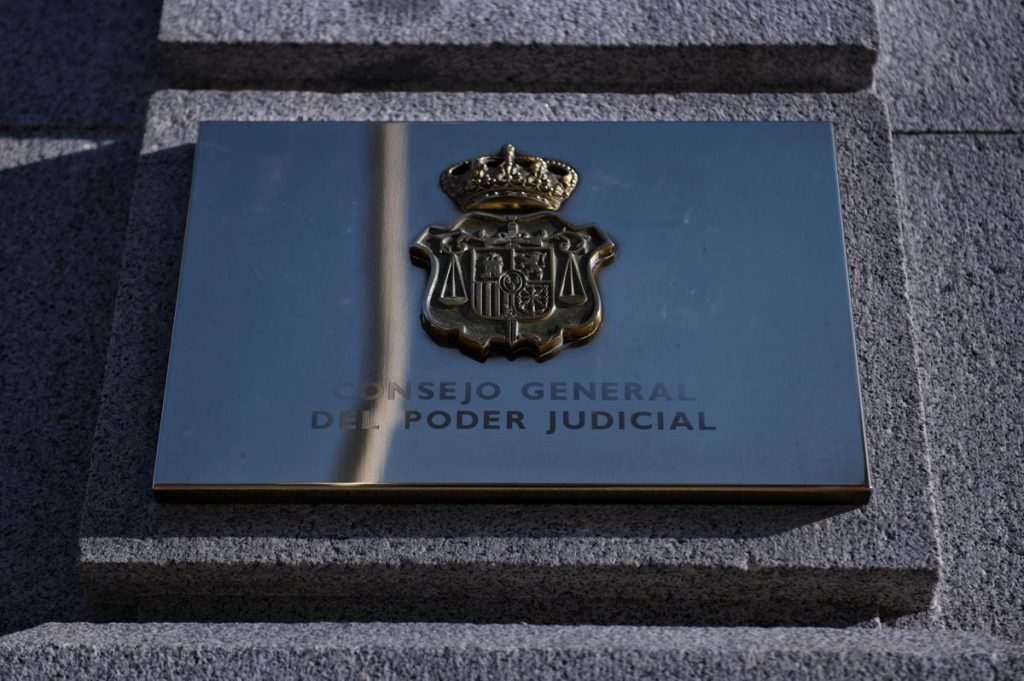The General Council of the Judiciary (CGPJ), whose mandate has expired for over five years due to the blockage by the People’s Party and controlled by a majority of conservative members, has appointed Judge María Jesús Millán as head of the Judicial School, despite the fact that the school is located in Barcelona. Millán expressed concerns about balancing her new role with her current position as head of the Continuing Education Service, responsible for the courses that judges take throughout their careers, with its headquarters in the CGPJ building in Madrid. Another candidate, Clara Carulla, who has been the Deputy Director of the School and had regular contact with teachers and students, was seen as a more suitable choice.
The conservative judicial faction was able to once again assert its influence by appointing Millán, with the support of the conservative CGPJ President, Enrique Guilarte, and some progressive members. This decision showcases the power that the conservative faction wields over the CGPJ, whose renewal has been blocked by the People’s Party since 2018, despite warnings from the EU. Only in December did they agree to negotiate the renewal, with the mediation of the EU Commissioner for Justice, Didier Reynders, who is leaving his position this month. This appointment further solidifies the conservatives’ hold on the CGPJ.
The Judicial School is a crucial institution for the training of judges, with a significant symbolic and pedagogical importance. Since its relocation to Barcelona in 1997, it has represented the Spanish state in Catalonia, providing training for nearly 4,000 judges from across Spain, with over 75% of current judges having been trained there. Some sectors have pushed for the school to be moved back to Madrid, but this would require a legal reform beyond the reach of the CGPJ members. The conservative faction saw the replacement of the former director as an opportunity to exert more control over the school from Madrid, leading to concerns about politicizing an institution that had previously remained apolitical.
The judicial community, both teachers, and students, deserved to be shielded from the partisan battles that often occur within the CGPJ, which has been used as a tool against decisions by the government and legislature that are opposed by its conservative majority. The escalating politicization and discrediting of such an important institution for the rule of law is troubling. The appointment of Millán as head of the Judicial School, despite her own expressed lack of interest in the position, highlights the continued influence of the conservative faction within the CGPJ, further delaying the much-needed renewal of the council and raising questions about the future direction of the judiciary in Spain.
Moving forward, it is essential for the autonomy and impartiality of the judiciary to be safeguarded, ensuring that decisions on key appointments are based on merit and suitability rather than political considerations. The Judicial School plays a crucial role in shaping the next generation of judges and must be free from any undue influence or interference. The continued stalemate within the CGPJ regarding its renewal underscores the urgent need for a transparent and accountable process that upholds the principles of democracy and the rule of law, which are essential for a functioning and independent judiciary in a democratic society.















